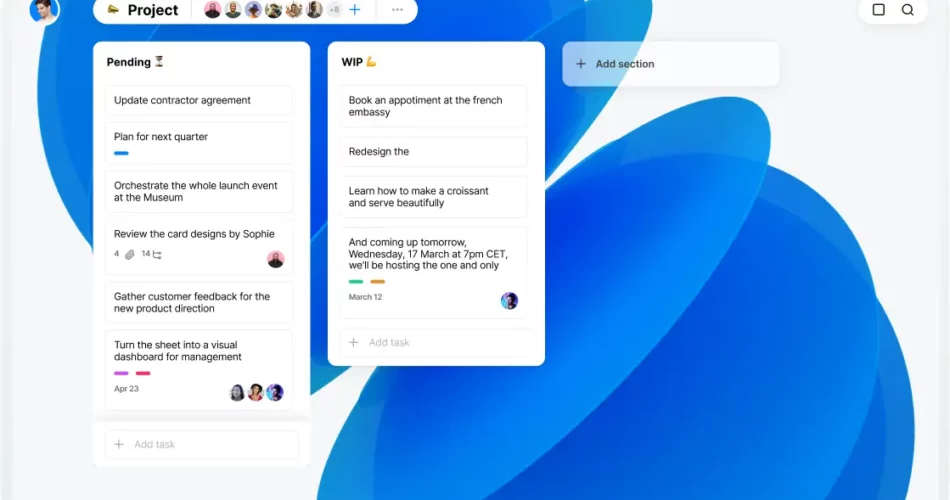Project management involves the planning, execution, and delivery of projects within an organization. It requires the use of specific tools and techniques to ensure that projects are completed efficiently and effectively. In today’s fast-paced business environment, it’s more important than ever for professionals to have a strong understanding of project management principles and best practices. This guide provides an overview of key concepts and strategies for managing projects successfully in 2023 and beyond.
Setting clear goals and objectives
It’s important to define the project’s scope and objectives up front, as well as establish measurable success criteria. This will help ensure that the project stays on track and delivers the desired outcomes. For example, if the project is to develop a new software application, the goal might be to create a user-friendly tool that streamlines a particular business process. Measurable success criteria could include specific performance benchmarks, such as a certain level of user satisfaction or a certain number of customers using the application.
Developing a project plan
A project plan should outline the tasks and activities required to complete the project, as well as the resources needed and the schedule for completing each step. For example, the plan might include a Gantt chart that shows the dependencies between different tasks and the timeline for completing them. It might also include a budget that outlines the resources needed, such as labor, materials, and equipment.
Managing risks and issues
All projects come with some level of risk, and it’s important to identify and address potential issues before they become major problems. This may include developing contingency plans or taking other proactive measures to mitigate risk. For example, if there is a risk that a key supplier might not be able to deliver a critical component on time, the project team might create a plan to source the component from another supplier or find an alternative solution.
Managing resources
Effective project management involves optimizing the use of people, equipment, and other resources to complete the project efficiently and on budget. This might involve finding ways to streamline processes or using tools and technologies to automate tasks and reduce the need for manual labor.
Tracking progress and adjusting course as needed
Regular progress reviews and updates are critical for ensuring that the project is on track and meeting its objectives. If adjustments are needed, it’s important to make them in a timely manner to keep the project moving forward. For example, if the project team discovers that certain tasks are taking longer than expected, they might need to revise the schedule or allocate additional resources to stay on track.
Communicating with stakeholders
Effective communication with stakeholders is essential for keeping everyone informed and aligned on the project’s goals and progress. This might involve regular updates, status reports, and meetings with key stakeholders to ensure that everyone is on the same page.
Delivering results
Ultimately, the goal of any project is to deliver tangible results that meet the needs of the stakeholders. This may involve delivering a product or service, implementing a new process or system, or achieving other specific outcomes. For example, if the project is to develop a new marketing campaign, the goal might be to increase brand awareness and sales among a specific target audience.




